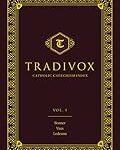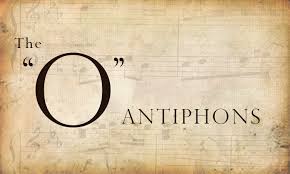Professor: Who will be first? Yes, you Miss Ezjakina:
Student: Mr. Rechtson, a moment ago, you quoted a renowned jurist regarding the preamble to the Canadian Charter of rights and freedoms. It went something like this: Although the preamble is clearly part of the Constitution, it is equally clear that it has no enacting force. In other words, strictly speaking, it is not a source of positive law and is without legal effects. I am looking up the word preamble in my dictionary and it defines it as (I quote) “The introductory part of a statute, deed, constitution, or other documents stating the intent of what follows“. Is my Webster defining correctly?
Prof.: Miss Ezjakina, I can’t argue with Mr. Webster?
Stud.: Then, does the affirmation that Canada is founded upon principles that recognize the supremacy of God and the rule of law state the intent of the constitution that follows it?
Prof.: Well, I must admit that a preamble to a constitution may not be without legal effects. For example, preambles can be used to identify the purpose of a statute and also help to explain ambiguous language. A preamble also articulates the political theory which the Charter embodies.
Stud.: So, in this case it recognizes and affirms the basic principles which are the very source of the substantive provisions of the Charter of rights. Right?
Prof.: You are telling me so.
Stud.: Not exactly, Mr. Rechtson… I am only suggesting. But, I am also consulting my dictionary, again… looking for the word principle. So, do you mind?
Prof.: Go ahead!
Stud.: I find, here, many formulations for the definition of principle, but the one that appears to most appropriate is “a fundamental, primary, or general truth, on which other truths depend such as the principles of government.” Well, Sir, I am impressed by the fact that in our constitution rests upon principles that recognize the supremacy of God and the rule of law.
Prof.: How does that impress you? What is the reason?
Stud.: Since you are asking, I will tell you… This week in our Philosophy class we learned that nothing comes into existence of its own – nothing comes from nothing – everything has a cause, except for the First One, which is the Cause of all other causes. That One is the beginning and the end of everything. It is supreme and it identifies with God. The preamble of our Canadian Constitution affirms that the government of our nation rest on that truth. Is the preamble lying, Mr. Rechtson?
Prof.: It depends on how we understand it. Our jurists may understand it in different ways.
Stud.: Please, tell us the different ways they understand it!
Prof.: I think you and I have been reversing roles, here. I will now re-assume my teaching responsibility. Next week we can pick up on your answer to your question and by then I should well prepared to challenge it. So, who is next…?
(to follow…)
Jean-Nil Chabot, Ph.D. (Philosophy) has taught at Our Lady Seat of Wisdom Academy, but has been retired for a few years. He wrote his doctoral thesis on the preamble to the Canadian Charter of Rights and Freedoms, which is the introductory sentence to the Constitution of Canada‘s Charter of Rights and Constitution Act of 1982. In full, the preamble reads, “whereas Canada is founded upon principles that recognize the supremacy of God and the rule of law.”










